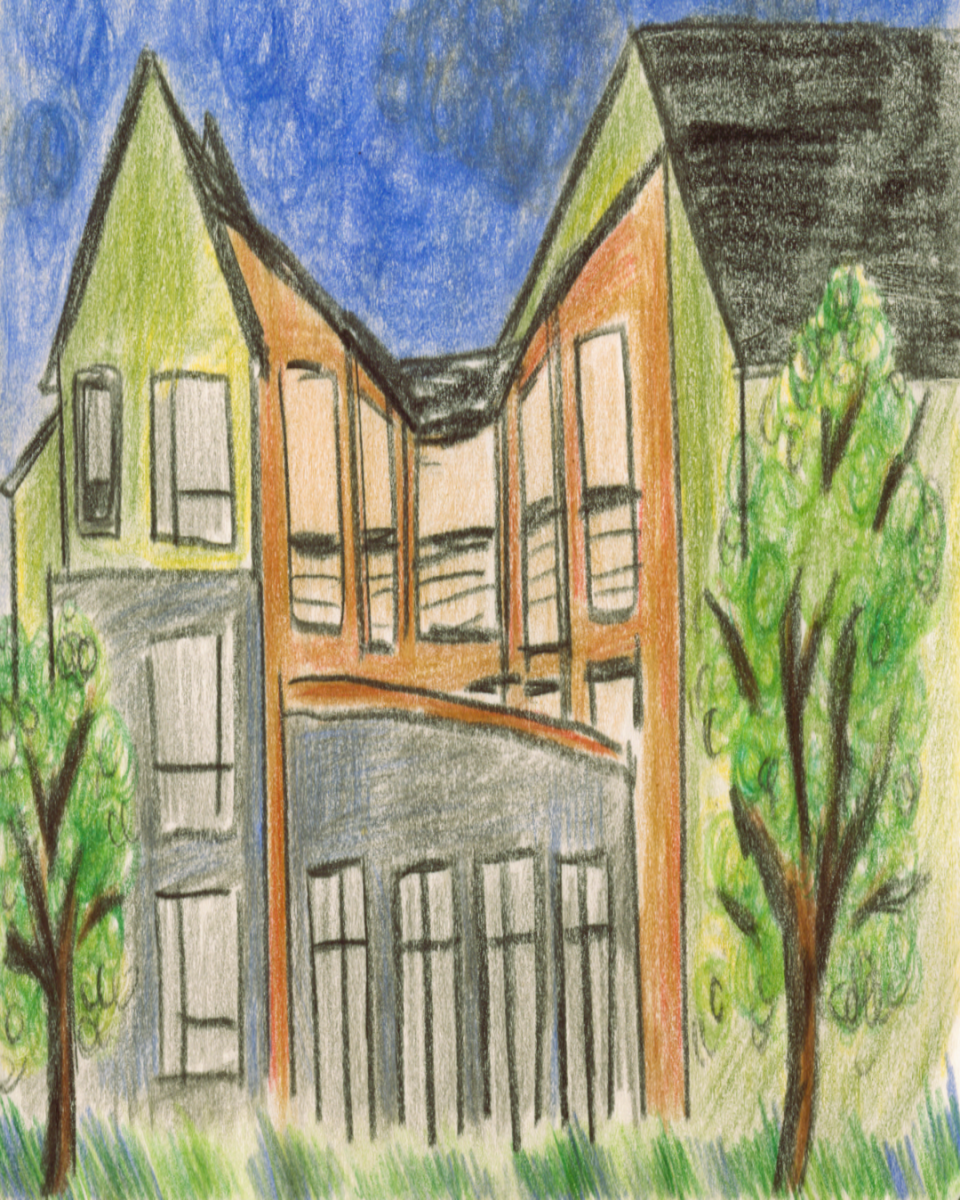App State has historically prided itself on providing education to all its students, even when there were only 53 enrolled. However, App State is failing its students and staff with subpar housing, inconvenient construction at every turn and increased tuition fees that don’t reflect the state of the campus.
As of the 2025-2026 school year, the average cost of all available residence halls is $7,241. In the 2020-2021 school year, the average cost was $5,712.29. Despite a $1,500 price hike over five years, not much has improved for App State students to justify the need for a 27% increase.
Tuition, housing and meal costs are also on the rise. In-state undergraduate tuition saw just over a $5,600 increase from 2021 to 2025, and out-of-state undergraduate students faced a near $8,300 increase within the same time period. However, App State’s involvement in positively influencing the lives of their students is not following the same trend, even with the extra money they’ve begun to rake in each semester.
Constant construction, road closures and damages to educational buildings have all occurred within the last year, and each of these has played a role in making App State students feel annoyed, inconvenienced and, at times, unsafe.
Changes in meal plans have also occurred, with information regarding the newly provided meal exchange swipes announced in an email sent to students just two weeks into the semester.
No proper communication about these changes was given, which no doubt confused returning students when the change suddenly occurred.
For the amount of time, effort and money students spend participating in campus life and proper educational pursuits, what they receive in return is far less than what they deserve.
It’s not just students who suffer at the hands of App State’s ever-changing policies, though. Faculty are just as affected by changes in housing costs, updated policies and steep price increases.
Innovation Ridge, App State’s newly-founded community within the Innovation District in downtown Boone, opened on August 16, and it is designed for faculty, staff and postdoctoral researchers to have access to affordable housing. It is advertised as an innovative community, featuring multi-story buildings aimed to support a variety of individual lifestyle needs to blend “personal space with the benefits of community living.”
The notion that this housing is affordable is a complete and utter lie.
A simple one-bedroom and bath apartment — coming in at 479 square feet — costs $1,604 per month. A two-bedroom and two-bath apartment with 768 square feet costs $2,461 per month and a three-bedroom and two-bath apartment with 898 square feet costs $3,098 per month.
Laundry services cost $50 per month, on-site pet amenities, including a dog park and washing station, are $50 a month and internet is $60 a month. For a one-bedroom and one-bath apartment, after these listed fees, the monthly rent would be $1,764.
The average college professor in Boone, according to a 2024 report by Indeed, makes $84,583 per year. This salary fails to include educators who are not considered professors but are still employed by App State to teach.
Paying just over $1,600 in rent for a year-round lease, as advertised by Innovation Ridge’s FAQ section, along with additional fees, would tally up to $21,168 per year. The average American citizen, according to an estimation by the Massachusetts Institute of Technology, spends $4,307 on food, $3,305 on medical expenses, $9,987 on transportation and $7,560 on taxes per year, as well as various other costs.
How is someone on an approximate salary of $84,583 supposed to afford exorbitant rent, on top of all other expenses necessary to live? They aren’t.
App State is doing its students and staff a major disservice by treating them as commodities. They are not warm bodies within the thralls of a college campus to help statistics or a testament to how many people can be shoved onto public transit before needing a double-decker bus. They are people who deserve much better than what they’re being given.
If App State truly wants to pledge itself to “educational access and excellence,” then it should begin by valuing the people who offer it their willingness to learn and appreciating those who offer their education to lead others into loving learning.



patrick richardson • Sep 11, 2025 at 8:53 am
In paragraph 3 sentence one, “Tuition, housing and meal costs are also on the rise. In-state undergraduate tuition saw just over a $5,600 increase from 2021 to 2025, and out-of-state undergraduate students faced a near $8,300 increase…”
These numbers are tuition and fees, NOT tuition. Tuition increased by $272 for in state. Housing and meal plans are a non-academic agency controlled by different rules. Yes, these are huge difference that should be discussed, but not misrepresented as tuition.